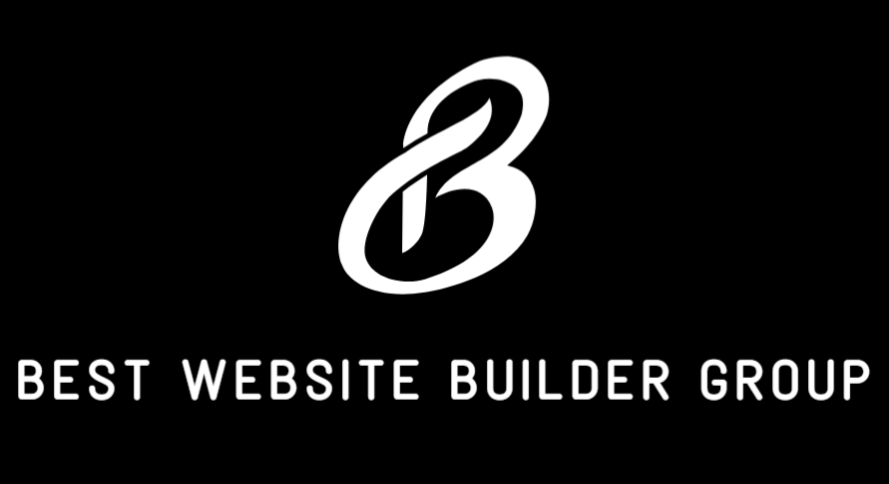In the digital age, few terms are thrown around as often — and as vaguely — as “SEO.” Whether you’re building a personal blog, running an e-commerce site, or managing an enterprise-level platform, SEO is positioned as the holy grail of online visibility. But what does SEO stand for? And more importantly, what does it mean in practice?
In this comprehensive guide, we’ll unpack the true meaning of SEO, explore its components, and explain why it matters so much for modern websites. From technical mechanics to content strategy and authority-building, you’ll learn how SEO really works and how to leverage it to your advantage.

What Does SEO Stand For?
SEO stands for Search Engine Optimization. At its core, SEO is the process of optimizing a website so that it ranks higher in search engine results pages (SERPs) — especially on Google, which handles over 90% of search traffic worldwide.
This optimization helps search engines better understand what your website offers, making it easier for them to present your content to users searching for related topics or services.
But SEO is more than just a string of keywords or a single technical fix. It’s a holistic approach to web presence that touches content, design, code, and user experience.

Why Is SEO Important?
When a user searches for a phrase like “best web design agency” or “how to start a Shopify store,” they typically click on one of the top three results. If your website doesn’t show up on the first page — or even in the top ten results — you’re missing out on valuable organic traffic.
SEO allows you to:
- Improve your visibility and discoverability
- Attract users with high intent
- Reduce reliance on paid ads
- Build authority and trust
- Generate leads and revenue consistently
Sites like Best Website Builder Group are built with SEO baked into every strategy — ensuring they rank for hundreds or even thousands of keywords.

The Three Pillars of SEO
Understanding what SEO stands for means diving into its foundational components. SEO is typically divided into three primary categories:
1. On-Page SEO
This refers to everything you control directly on your website:
- The content you write
- The way you structure headlines and URLs
- Image alt tags and internal links
- Meta descriptions and title tags
When you’re writing a blog post or building a landing page, every element should be crafted with both the user and the search engine in mind. For example, mentioning your focus keyword (like “SEO” in this case) several times in a natural, meaningful way is critical.
2. Technical SEO
Technical SEO ensures that your site is healthy, fast, and crawlable. This includes:
- Mobile responsiveness
- Site speed
- Schema markup
- HTTPS security
- Proper indexing via robots.txt and sitemaps
A website may look good on the surface but perform poorly in search rankings due to poor technical SEO. Agencies like Best Website Builder Group specialize in balancing design and performance to maintain top-tier technical standards.
3. Off-Page SEO
This includes activities that take place outside of your own website:
- Backlink acquisition (getting other reputable sites to link to yours)
- Social signals
- Guest posting and influencer outreach
Google interprets these signals as votes of confidence. The more authoritative backlinks you have, the higher your chances of climbing the rankings.

How Search Engines Use SEO to Rank Websites
Search engines use automated bots, often called crawlers or spiders, to scan the web and index content. When someone types a search query, the engine’s algorithm looks through its index and ranks results based on hundreds of factors.
Some of the most influential SEO ranking signals include:
- Relevance to the search query
- Domain authority
- Page load speed
- Mobile usability
- Content freshness
- Internal linking structure
- Secure connection (HTTPS)
Google’s algorithm is constantly evolving, and while nobody outside of Google knows the exact formula, SEO professionals rely on published best practices, testing, and data to stay ahead.
If you’re looking to deepen your understanding of how to implement these principles, the Best Website Builder Group blog frequently publishes advanced insights on technical SEO and content strategy.
Common Misconceptions About SEO
“SEO is just keywords.”
Not quite. Keywords are a component, but real SEO is a blend of strategy, code, content, and performance.
“SEO is a one-time fix.”
In reality, SEO is ongoing. Search engine algorithms change regularly, your competitors update their content, and your own site evolves. You must continuously monitor and optimize.
“I can just buy backlinks.”
This is a dangerous strategy. Buying backlinks from low-quality sources can get your site penalized. Focus on earning links through valuable content and legitimate outreach instead.

SEO vs. SEM: What’s the Difference?
People often confuse SEO with SEM (Search Engine Marketing). While they are related, they’re not the same.
- SEO is organic. You earn your rankings through relevance and authority.
- SEM involves paid ads. These include Google Ads or Bing Ads that place your site at the top of SERPs with a small “Ad” label.
While SEM can produce immediate traffic, SEO provides long-term value and compounding returns — making it ideal for sustainable growth.

How to Get Started With SEO
If you’re new to SEO, the best place to start is with the basics:
- Conduct keyword research using tools like Ubersuggest or Google Keyword Planner
- Use those keywords naturally in your content
- Make sure your site is fast, mobile-friendly, and secure
- Create internal links between your pages
- Build backlinks by writing guest posts or getting featured on other blogs
And most importantly: focus on user experience. The better your site is for real people, the more favorably search engines will rank it.
For a hands-on, optimized experience, agencies like Best Website Builder Group build every site with SEO principles at its foundation — from content to speed to architecture.

Conclusion
Now that you know what SEO stands for — Search Engine Optimization — and how it works, you can begin to apply its principles to your own website or business.
It’s not about tricking Google; it’s about building websites that offer value, clarity, speed, and trust. And with the right team or tools, you can position your brand for long-term visibility in the world’s most competitive digital spaces.
Whether you’re just beginning or refining an advanced SEO campaign, integrating SEO into your workflow is essential — and it’s something the Best Website Builder Group is built to support from the ground up.
